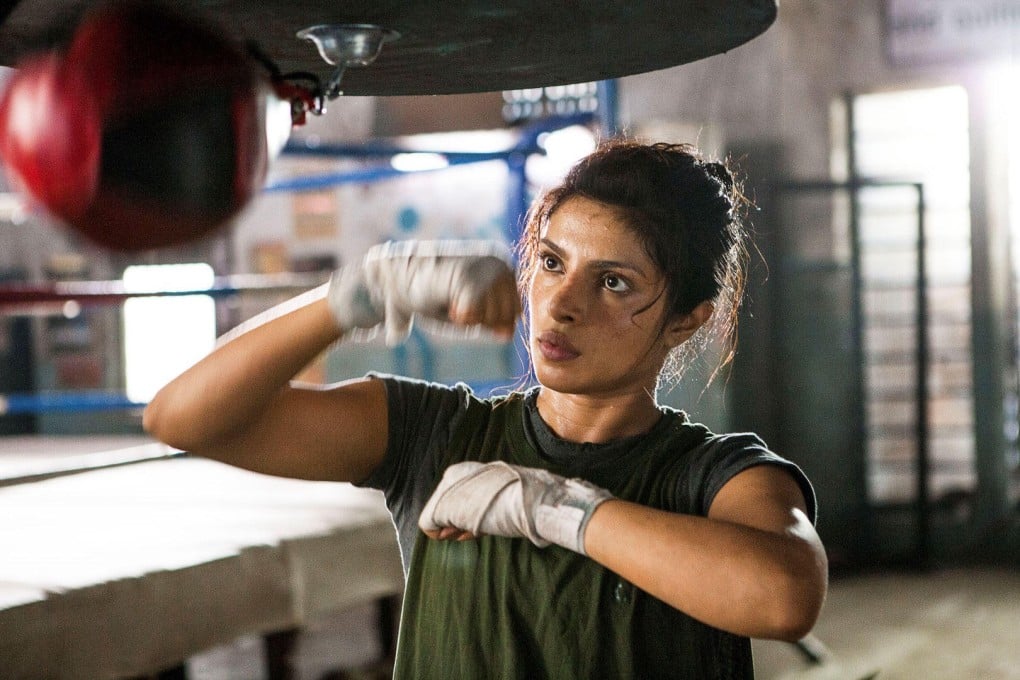
This past Thursday saw the world premiere at the Toronto International Film Festival of a biopic based on the life of five-time World Amateur Boxing champion, Asian Women's champion and 2012 Olympic bronze medallist Mary Kom.
Starring Bollywood actress Priyanka Chopra, it tells of the poor village girl's rise to become a world-class athlete and a global celebrity.
Mary Kom has since opened in countries such as Australia, France, Kenya and Singapore as well as India. Director Omung Kumar's movie is unusual not only because it's an Indian production that has attracted international attention but also because it's a Bollywood sports film - and one with a focus on a female athlete to boot.
Although sports movies are a relatively nascent genre in Bollywood, the Hindi-language film industry has had its share of sports dramas that were box office and critical successes: cricket movie Lagaan (2001), for example, was a domestic hit and shortlisted for the best foreign language film Oscar.
An epic film set in the days of the colonial British Raj, Lagaan featured co-producer Aamir Khan in the lead role of Bhuvan, a spirited youth who inspires his fellow villagers to form a cricket team to play against one comprising British military officers. The stake? If they win taxes on the impoverished village will be cancelled for three years.
Another cricket film, 2005's Iqbal, took in 450 million rupees (HK$57.4 million today) at the domestic box office, a huge return for a film made on a budget of just 7.5 million rupees. Helmed by actor-director-scriptwriter Nagesh Kukunoor, the drama about a determined deaf-and-mute boy overcoming huge challenges to make it to the national cricket team was lauded for its engaging storytelling as well as inspirational tale.